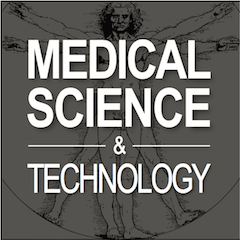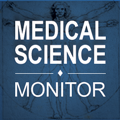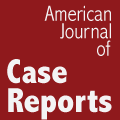Intradermal tests with tuberculin and Candida albicans antigens in the assessment of immunity status in subjects with type 2 diabetes mellitus and cardiological complications
Katarzyna Poznańska-Kurowska, Andrzej Lubiński, Andrzej Denys
Med Sci Tech 2008; 49(2): RA101-105
ID: 881601
Available online:
Published: 2008-03-21
Introduction: Acute coronary syndromes (ACS) are the most serious complications of diabetes mellitus (DM). Role of immunological mechanisms underlying inflammatory process in coronary vessels is widely discussed. DM is a chronic disease impairing the immune system. Therefore, we sought to assess cellular immunity status in DM patients and investigate influence of immunity impairment on ACS risk in diabetics. Material and methods: 22 patients aged 40 or older were included. All were admitted to interventional cardiology unit and had type 2 DM. They were divided into 2 groups: DM patients with ACS requiring interventional cardiology (DM/ACS, n=13) and DM patients ischaemic heart disease (IHD) without ACS with (DM, n=9). Tuberculin tests were performed by Mantoux method. Skin response to Candida albicans was assessed using liophilised allergens dissolved in saline. Saline solution containing phenol was used as negative control. Readings were done between 48 and 72 h after test administration. Positive test was defined as induration of more than 5 mm. Results: Tuberculin test was positive in 7.7% DM/ACS and 22.2% DM patients. Candida response was positive in 15.4% DM/ACS and 33.3% DM patients. Induration after PPD did not differ between the groups, neither did diameter of reaction to Candida. In DM/ACS there was strong negative correlation between skin PPD response and age (R=-0.74; p=0.004) and diabetes duration (R=-0.56; p=0.047). Conclusions: Negative correlation of skin response with age and diabetes duration suggests influence of diabetes on cellular immunity. Impaired cellular immunity in diabetics may increase the risk of ACS. (Clin Exp Med Lett 2008; 49(2): 101-105)
Keywords: diabetes, acute coronary syndrome, cellular immunity



